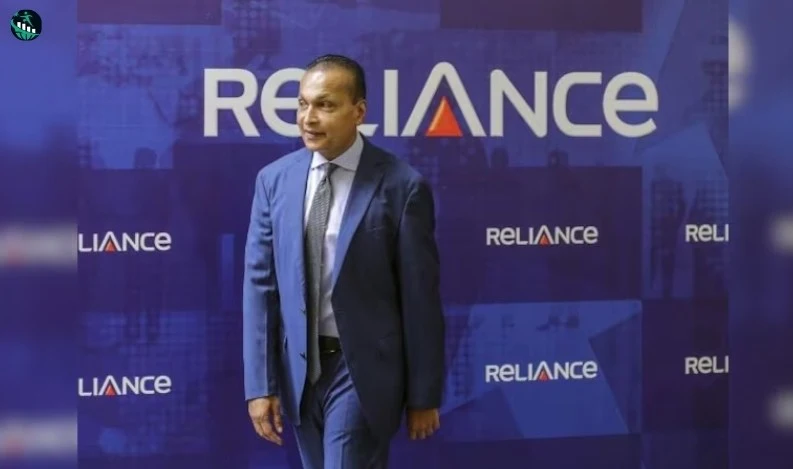
SEBI Bans Anil Ambani from Markets for 5 Years, Fines Him Rs 25 Crore for Fraud Scheme
The Securities and Exchange Board of India (SEBI) has imposed a five-year market ban on Anil Ambani and fined him Rs 25 crore after an investigation uncovered serious financial misconduct. SEBI found that Ambani, through his company Reliance Home Finance (RHFL), had disbursed loans without proper scrutiny, often to related parties. The investigation revealed several violations of SEBI regulations, leading to this strict action.
SEBI’s Findings on Anil Ambani’s Fraud Scheme
According to SEBI, Anil Ambani was the "mastermind behind the fraudulent scheme" that occurred in 2018-19, where RHFL provided loans categorized as working capital loans. These loans, amounting to Rs 8,470 crore, were disbursed without due diligence to entities related to the Reliance ADA Group.
The SEBI order highlighted the "abrupt and thoroughly irregular manner" in which these loans were distributed. It noted that senior officials of RHFL actively pushed for disbursing these loans despite a lack of interest in recovering the dues. Additionally, the order emphasized that Anil Ambani was directly involved in approving these loans, benefiting from fund transfers to the related entities.
The Scope of the Financial Misconduct
SEBI’s investigation found that out of the total amount under scrutiny, 62 loans worth Rs 5,552.67 crore were approved on the same day as the application, and 27 loans worth Rs 1,940.6 crore were disbursed immediately. These actions were part of a pattern where normal financial processes were disregarded, and crucial steps like field investigations, customer ratings, and security measures were ignored.
The investigation also uncovered that the Credit Approval Memos (CAMs) for loans worth Rs 5,850.19 crore recorded significant deviations from the due process. Despite these discrepancies, the loans were still sanctioned, ignoring the poor financial condition of the borrower entities.
Reports Supporting SEBI’s Investigation
SEBI's investigation was backed by findings from Price Waterhouse & Co. (PWC) and Grant Thornton. PWC, the statutory auditor of RHFL, had previously flagged concerns and withdrew from its audit engagement due to non-cooperation from RHFL. Similarly, the forensic audit conducted by Grant Thornton, commissioned by Bank of Baroda, revealed discrepancies consistent with SEBI’s findings, particularly regarding loans disbursed to related entities that were reclassified as non-related just before the disbursements.
SEBI's order against Anil Ambani and RHFL underscores the regulator's commitment to maintaining transparency and accountability in the securities market, holding even prominent figures like Ambani accountable for financial misconduct.



Recent Comments: